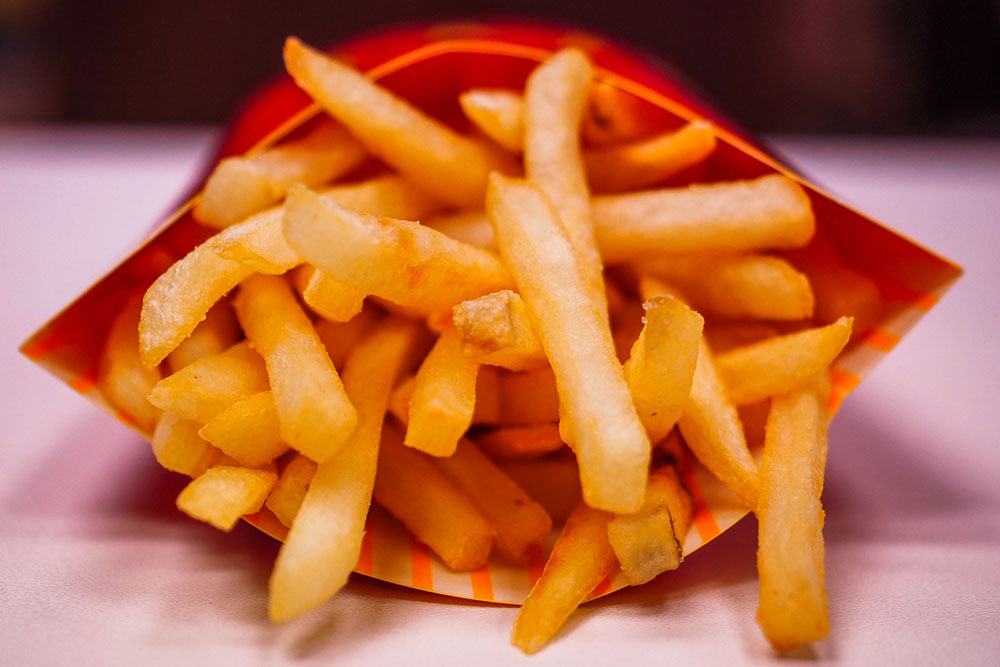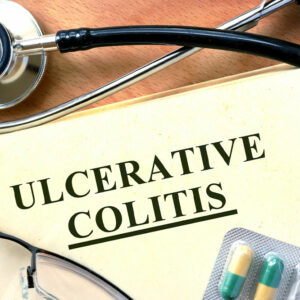8 foods that can worsen seizure symptoms

The nerves help with various functions, such as speech, movement, awareness, and hearing. A seizure occurs when the nerve cells in one’s brain receive sudden and uncoordinated electrical signals, leading to severe alterations in consciousness, behavior, and movements. When a person experiences two or more seizures less than a day apart, they are known to have epilepsy. Besides seeking timely treatment, here are some foods patients with seizures should avoid.
French fries
Processed foods like fries, bacon, sausage, and processed cheese and butter contain high levels of saturated fats, which increase one’s susceptibility to cardiac arrhythmia. This condition, characterized by irregular heartbeat, in turn, increases one’s risk of convulsive syncope, which has symptoms similar to those of seizures. Therefore, patients prone to seizures should avoid processed foods. They must instead reach for nutrient-rich meals, which can reduce cravings for processed foods and promote a sense of satiety.
Chocolate
High sugar intake is directly associated with a surge in blood glucose, which can cause or aggravate seizures in some individuals. Therefore, patients grappling with the condition should avoid all sources of added sugar, such as confectionaries, chocolates, candies, as well as sugary beverages like soft drinks and store-bought smoothies. It is a good idea to replace added sugar with natural sugar sources like fruits and fresh fruit juices.
Coffee
Experts suggest excess caffeine intake may increase the risk of seizures by causing the nervous system to become overly active. Hence, those prone to seizures should avoid drinking tea and coffee. Milk (if one is not lactose intolerant), fresh fruit juices, and soups are healthier alternatives to caffeinated beverages.
Bananas
Although potassium is essential for the body, an excess can aggravate seizures or epilepsy. Bananas contain high levels of potassium; hence, patients with the condition should eat the fruit in moderation. The intake of other potassium-rich foods like starchy vegetables, beans, Swiss chard, and spinach should also be limited.
Monosodium glutamate
Monosodium glutamate (MSG) is a common additive in packaged and ready-to-eat foods as well as meals served in restaurants. MSG increases nerve cell firing and may worsen the symptoms of existing neurological disorders. Thus, patients with epilepsy or seizures should check the labels of packaged foods carefully and avoid those containing MSG. It helps to replace packaged foods and restaurant takeaways with fresh food prepared at home.
Donuts
Fried foods like donuts are difficult to digest and can aggravate seizure symptoms. They can also increase the risk of other health conditions like cholesterol and heart diseases, making seizure management difficult. Besides donuts, patients should strictly limit or avoid fried foods like fries and chips.
Bread
Some studies have shown a link between nerve pain and the intake of foods containing gluten. Thus, those with nerve disorders like epilepsy should steer clear of foods like bread, barley, and rye, especially in case of gluten intolerance, which can aggravate existing seizure symptoms.
Hot peppers
Peppers derive their spiciness from capsaicin, an oil-based component. Researchers have found that consuming too much capsaicin or foods that are extremely spicy can trigger heat receptors in the skin, causing the nervous system to send signals to the brain to cool down the body. Besides causing apparent symptoms like abdominal pain, diarrhea, chest pain, and headaches, spicy foods can aggravate seizure symptoms and make it difficult to manage them.
Besides avoiding these foods, people with seizures should eat nutrient-rich meals, including fruits and vegetables, lean meats, eggs, whole grains, and yogurt, which can strengthen the immune system and help manage the symptoms better. It is also important to identify food intolerances promptly and avoid anything that can cause reactions in the body. Staying hydrated, maintaining an active lifestyle, and following the recommended treatment course systematically are other essential management tips for patients with seizures.



